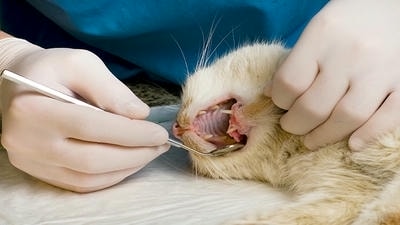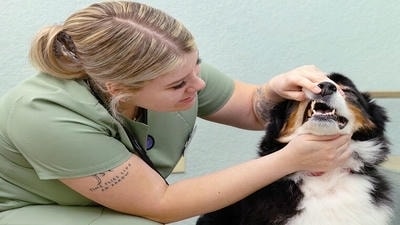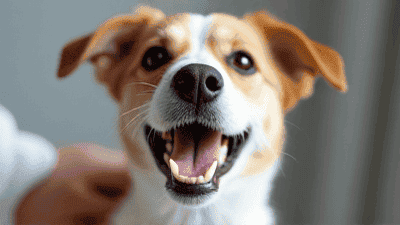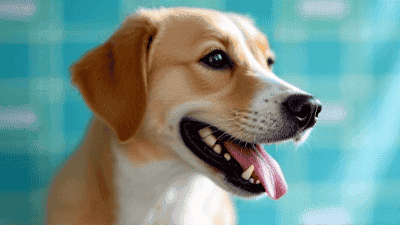
When it comes to pet care, dental health is often overlooked. Many pet owners focus on diet, exercise, and regular vet visits but fail to prioritize their pet’s oral hygiene. However, dental health plays a crucial role in your pet’s overall well-being. Poor dental hygiene can lead to serious health issues, including infections, organ damage, and even a shortened lifespan.
Just like humans, pets can suffer from a variety of dental problems, including plaque buildup, gum disease, and tooth decay. These issues can cause pain, discomfort, and more severe health complications if left untreated.
Dental health is closely tied to your pet’s overall health. Bacteria from the mouth can enter the bloodstream and affect vital organs, such as the heart, liver, and kidneys. Regular dental care can prevent these issues and improve your pet’s quality of life.

Dental problems can cause significant pain, making it difficult for your pet to eat, play, or even sleep. Chronic pain can also affect their behavior and quality of life.
Bacteria from the mouth can enter the bloodstream and spread to other organs, leading to infections in the heart, liver, or kidneys. This can cause serious health complications and even be life-threatening.
Chronic dental infections can strain the immune system and damage vital organs over time. For example, bacteria from the mouth can contribute to heart disease by causing inflammation of the heart valves.
Untreated dental problems can lead to loose or missing teeth, making it difficult for your pet to eat and leading to nutritional deficiencies.
Pets with untreated dental issues often have shorter lifespans due to the stress placed on their bodies and the risk of systemic infections.

Regular dental check-ups allow your vet to identify and address potential issues before they become severe. Early treatment can prevent pain, tooth loss, and systemic infections.
Veterinary dental cleanings remove plaque and tartar that cannot be eliminated by brushing alone. This helps prevent gum disease and keeps your pet’s mouth healthy.
By maintaining good oral hygiene, you can reduce the risk of systemic infections and improve your pet’s overall health and well-being.
Preventive dental care is far more affordable than treating advanced dental problems or managing the complications of untreated infections.
Young pets should have their teeth checked as part of their routine vet visits. This helps establish a baseline for their dental health and identify any developmental issues early.
Adult pets should have a dental check-up at least once a year. Pets with a history of dental problems may require more frequent visits.
Older pets are more prone to dental issues and should have their teeth checked every six months.

Your vet will examine your pet’s teeth and gums for signs of plaque, tartar, gum disease, or abnormalities.
If necessary, your vet will perform a professional cleaning under anesthesia. This involves scaling to remove plaque and tartar and polishing to smooth the tooth surface.
In some cases, your vet may take dental X-rays to evaluate the health of the tooth roots and jawbone.
Based on the examination, your vet will recommend a treatment plan, which may include extractions, antibiotics, or at-home dental care.
Persistent bad breath can be a sign of dental disease or infection.
If your pet is chewing on one side, dropping food, or avoiding hard kibble, they may have dental pain.
Increased drooling or bloody saliva can indicate gum disease or a dental injury.
Pets may paw at their mouths if they are experiencing discomfort or pain.
Red, swollen, or bleeding gums are a common sign of gingivitis or periodontal disease.
Your vet can provide valuable advice on how to care for your pet’s teeth and recommend products that are safe and effective.
Regular cleanings and other dental procedures performed by your vet are essential for maintaining your pet’s oral health.
Your vet will monitor your pet’s dental health over time and adjust their care plan as needed.
Regular dental check-ups are a vital part of your pet’s overall health care routine. Neglecting oral hygiene can lead to painful dental problems, systemic infections, and a reduced quality of life. By scheduling regular dental check-ups, practicing at-home dental care, and staying vigilant for signs of dental issues, you can protect your pet’s teeth and gums and ensure they live a long, healthy life. Remember, a healthy mouth is just as important for your pet as it is for you.